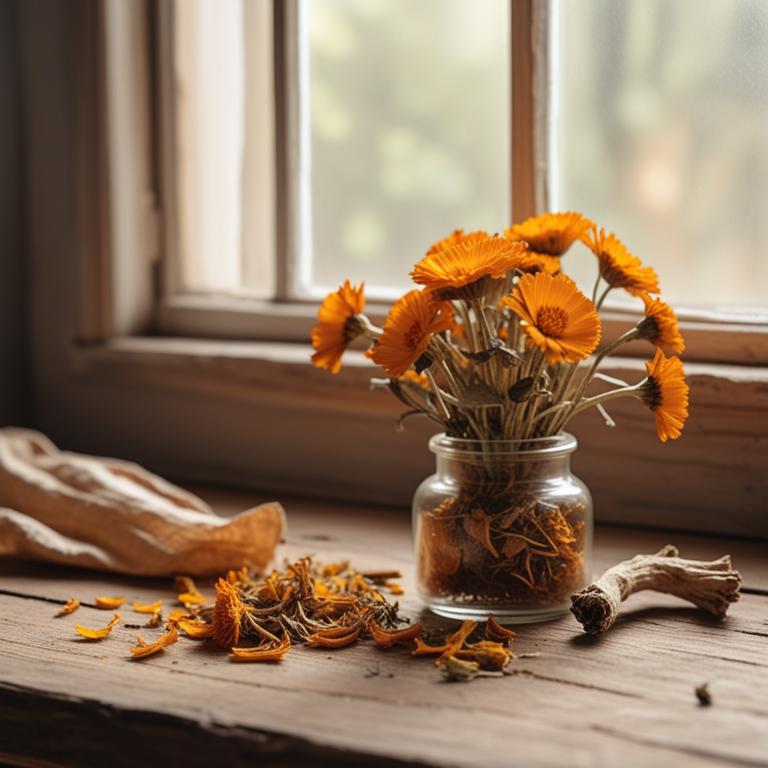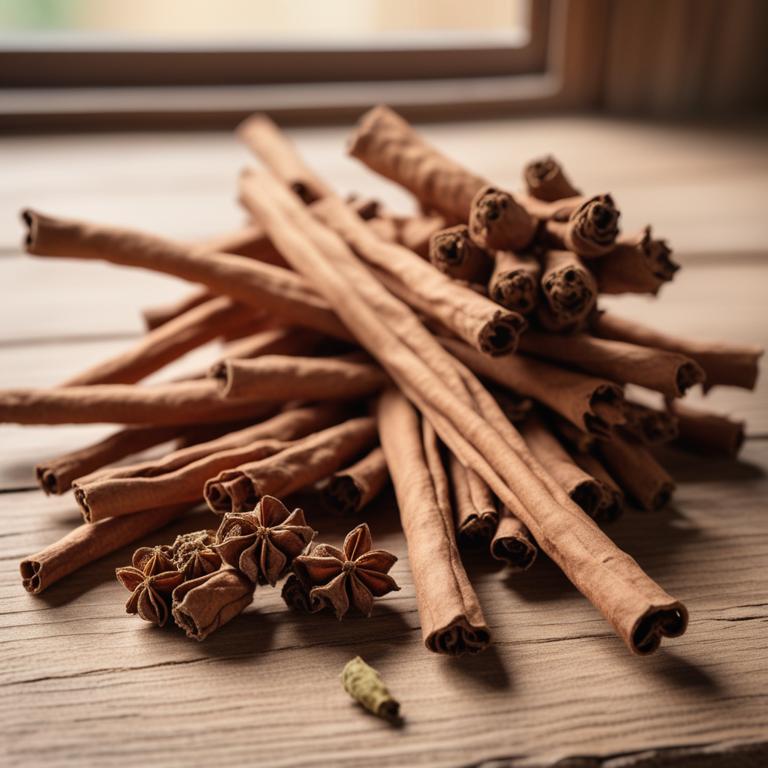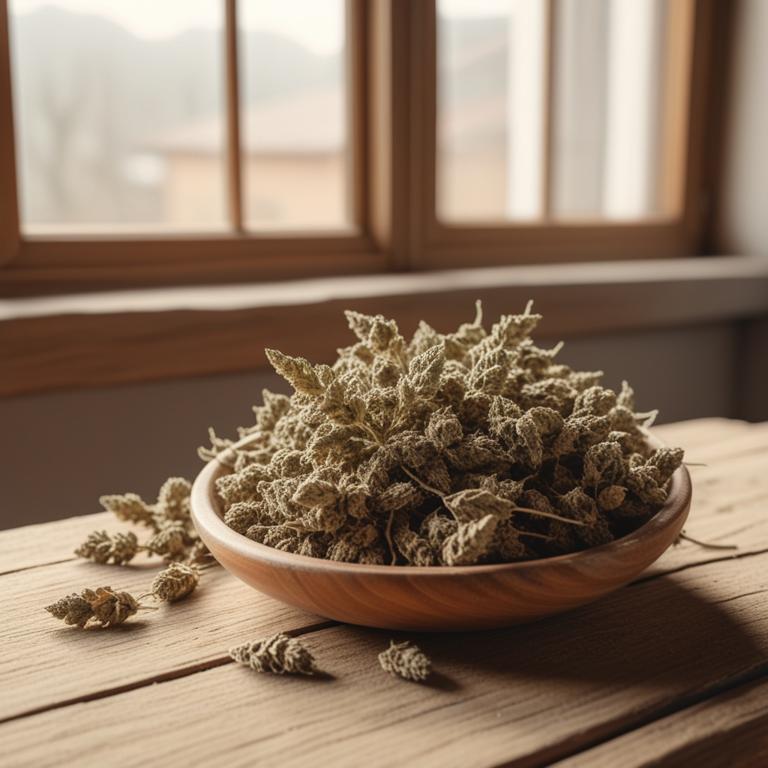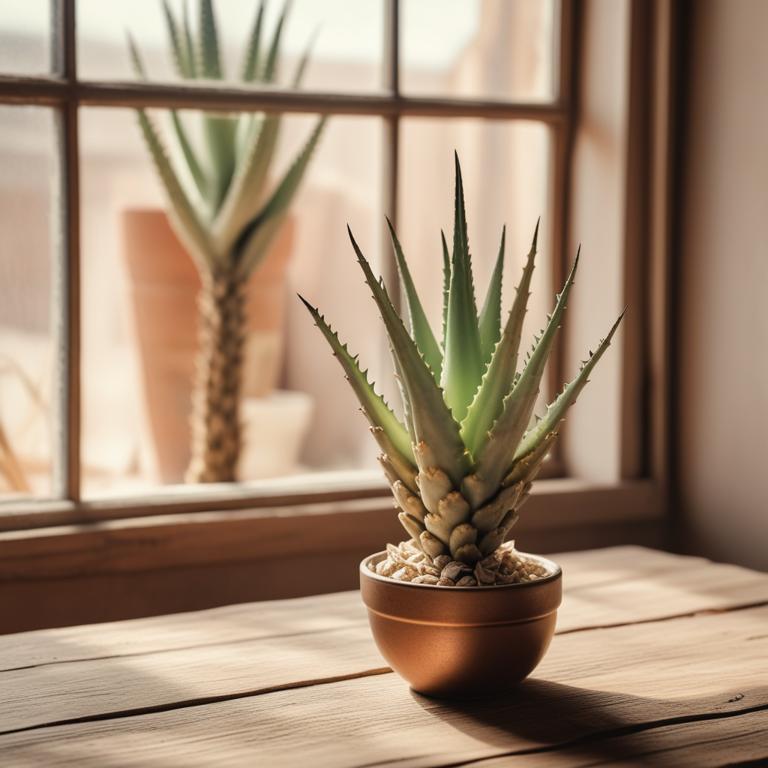Updated: Dec 1, 2024
Causes and Herbal Solutions for Oily Hair
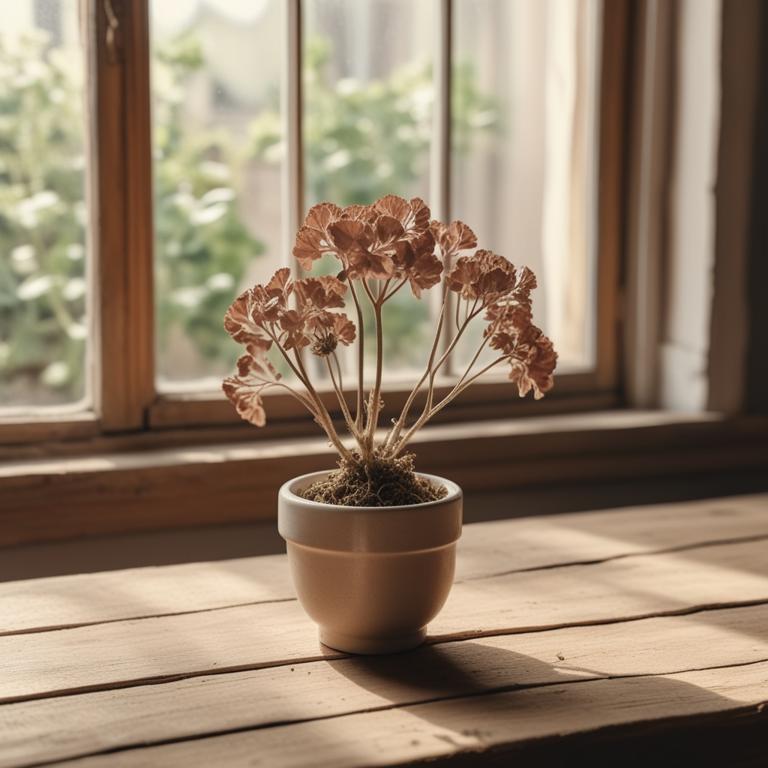
Oily hair can be frustrating.
It's when your scalp produces too much oil, causing your hair to look greasy and weighed down. This can affect your daily life, making you feel self-conscious and worrying about how to keep your hair looking clean. Oily hair can be caused by genetics, hormonal imbalances, or using too many styling products. But there are natural ways to help control oily hair. Certain herbs have been found to have properties that can help balance the scalp's oil production. One of these is sage, which has been used for centuries to treat scalp issues. It's said to have antiseptic and anti-inflammatory properties that can help soothe and calm the scalp.
Another herb that's been used is neem. This Indian plant is known for its ability to balance the body's natural oils. It's often used in teas and shampoos to help reduce oil production and prevent greasiness. You can also try using tea tree oil, which has natural antibacterial properties that can help keep the scalp clean. To use these herbs, you can try making a tea by steeping the herbs in hot water. Then, you can use the cooled tea as a final rinse after shampooing. This can help balance the pH of your scalp and reduce oil production.
Some people also like to add a few drops of tea tree oil to their shampoo or conditioner for an extra boost.
Table of Contents
What are the primary causes of oily hair?
The main causes of oily hair are related to a combination of internal and external factors.
One key contributor is Hormonal Imbalance - specifically, an overproduction of androgens, male hormones that stimulate oil glands. This imbalance can be triggered by puberty, pregnancy, or menopause, leading to increased oil secretion. Genetics also play a significant role, as people with oily hair often have family members who experience the same issue.
This suggests that genetic predisposition can affect the size and activity of sebaceous glands. Overactive Sebaceous Glands are another main cause of oily hair, as they produce excess oil to moisturize the hair and scalp. However, when these glands become overactive, they produce too much oil, leading to greasiness. A Poor Diet high in processed foods, sugar, and dairy products can also contribute to oily hair, as these foods can cause inflammation and lead to increased oil production.
Lastly, Stress is a significant factor, as it can cause the body to produce more hormones, including androgens, which stimulate the oil glands and lead to oily hair.
What are the advantages of using herbs for oily hair?
Using herbs on oily hair can be really helpful.
One of the main benefits is that they can help to balance the scalp's natural oil production. This is because herbs have natural astringent properties that help to tighten the pores on the scalp, which can reduce the amount of oil that's released. Another benefit is that herbs can help to control frizz and add shine to your hair.
Some herbs have antifungal properties, which can help to prevent scalp infections and irritation, reducing the risk of oily hair becoming even more problematic. Herbs can also help to add volume and texture to your hair, making it look healthier and more manageable. Additionally, many herbs are natural and gentle, so they won't dry out or damage your hair, even if you use them regularly.
They can be added to shampoo, used as a hair mask, or even applied directly to the scalp for maximum benefit.
What are the main medicinal herbs beneficial for oily hair?
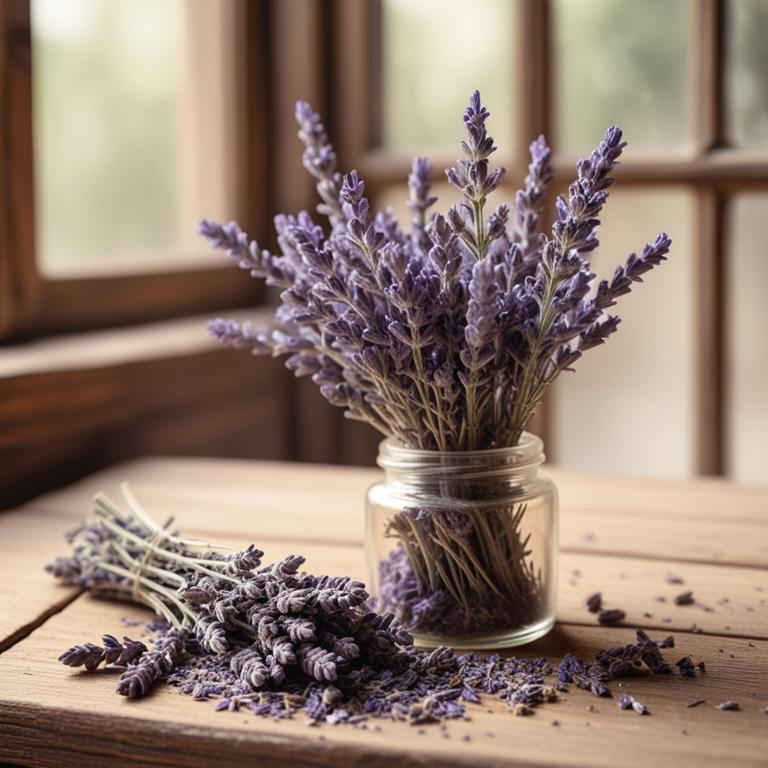
Herbs can be a great natural solution for oily hair.
Lavandula angustifolia, or lavender, helps to balance the scalp's oil production. It has antiseptic properties that prevent bacteria from causing inflammation and further oiliness. This herb also has a calming effect on the scalp, reducing stress that can lead to excessive oil production. Rosemary, or Rosmarinus officinalis, improves blood circulation to the scalp. This increased blood flow helps to remove toxins and reduce oiliness. Rosemary also has antifungal properties that prevent fungal growth, which can contribute to oily hair.
Melaleuca alternifolia, or tea tree oil, has antibacterial and antifungal properties that help control oil production and prevent infections. It also helps to reduce inflammation and soothe the scalp. Thymus vulgaris, or thyme, has antiseptic and antifungal properties that prevent oiliness and infections. It also helps to reduce stress and promote a healthy scalp environment. Cymbopogon citratus, or lemon grass, helps to reduce oil production by balancing the scalp's natural oils. Its antiseptic properties also prevent infections and promote a healthy scalp environment. These herbs can be used in different forms, such as essential oils, infusions, or shampoos.
When used correctly, they can help to regulate oil production, prevent infections, and promote a healthy scalp environment.
Which herbal treatments are commonly used for oily hair?
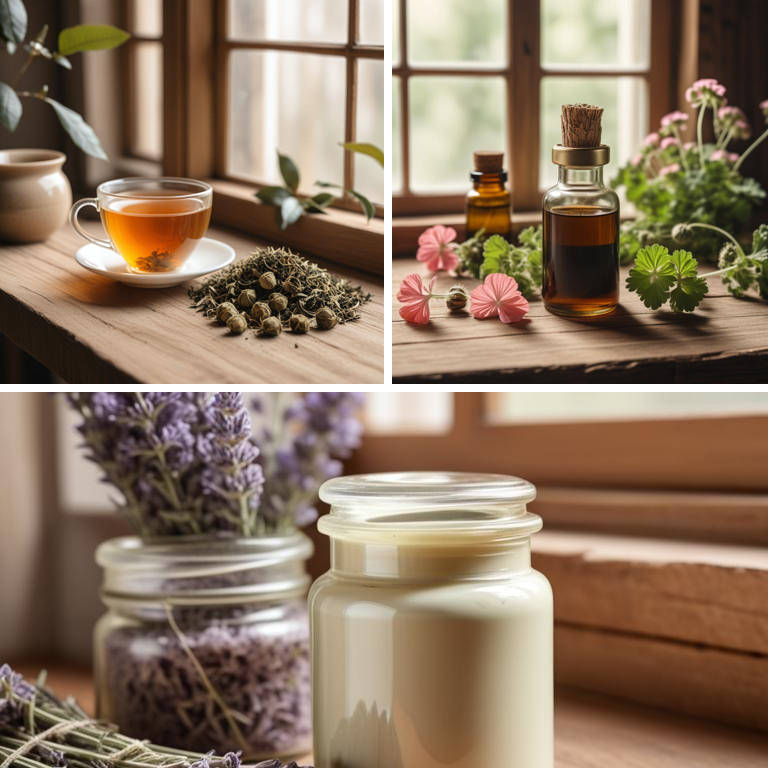
Herbal preparations can be really helpful for oily hair.
One way to use them is by making a tea. You can steep herbs like rosemary, sage, or thyme in hot water, then use the liquid as a final rinse after shampooing. The antioxidants in these herbs help balance the scalp's natural oil production, leaving your hair looking less greasy. Another option is a decoction. This is similar to tea, but you simmer the herbs for a longer time to get a stronger liquid. Decoctions are great for oily hair because they help remove impurities and excess oil from the scalp. You can use herbs like peppermint or lavender to create a decoction that cools and calms the scalp. You can also use herbal shampoo.
Some shampoos are made with natural herbs and ingredients that help regulate oil production. These shampoos often contain herbs like neem or tea tree oil, which have antifungal and antibacterial properties that help keep the scalp healthy. Herbal tinctures are another way to use herbs for oily hair. A tincture is a concentrated liquid that you can add to your shampoo or use as a hair treatment. Tinctures are great for oily hair because they can be easily absorbed into the scalp, helping to balance oil production. Look for tinctures made with herbs like burdock or dandelion root. Finally, you can use herbal cream to help control oily hair. Herbal creams often contain ingredients like aloe vera or chamomile, which help soothe and calm the scalp. These creams can help reduce oil production and leave your hair looking healthier and less greasy.
Just apply the cream to your scalp and massage it in before washing your hair.
Additional Resources:
Which herbs should be avoided if you have oily hair?
If you have oily hair, there are certain herbs you'll want to steer clear of.
Santalum album, or sandalwood, has a thickening effect on hair, which can make it even oilier. Cinnamomum camphora, or camphor, can dry out your scalp, but it can also cause your hair to produce even more oil as a response, leading to more greasiness.
Hyssopus officinalis, or hyssop, has a strong ability to stimulate hair growth, but it can also cause your hair to produce excess oil, making it look greasier. Salvia officinalis, or sage, can dry out your scalp, which might sound good for oily hair, but it can also cause your hair to become overactive and produce more oil.
Juniperus communis, or juniper, has a natural astringent effect, which can dry out your scalp, but it can also cause your hair to produce more oil as a reaction.
FAQ
Are there any specific herbs that can prevent oily hair?
Some herbs like tea tree oil and lavender can help control oily hair.
They have natural antiseptic properties that help balance the scalp's oil production. Rosemary oil also promotes healthy blood flow, which can reduce oiliness.
Using these herbs in shampoos or hair products may help keep your hair looking cleaner for longer.
Is it safe to use herbal remedies for oily hair during pregnancy?
When pregnant, it's essential to be cautious with any new remedies, including herbal ones for oily hair.
Some herbal ingredients can stimulate the uterus and cause issues. However, some herbs like rosemary and peppermint may help balance oil production.
But it's crucial to check the ingredients and potential risks before using them.
Are there any herbs that can reduce the frequency of oily hair?
Rosemary and sage herbs may help reduce oily hair by balancing scalp oil production.
Rosemary's antibacterial properties can prevent oil buildup, while sage's antiseptic properties help clean the scalp.
Some people also find that using these herbs in a shampoo or rinse can help regulate oil production and reduce greasiness.
Can i combine different herbal remedies for oily hair?
You can combine different herbal remedies for oily hair, but use caution.
Some herbs might interact or have strong effects. For example, mixing tea tree oil with sage or rosemary could enhance their astringent properties, helping control oil production.
However, if you're new to herbal remedies, start with small amounts to see how your hair reacts.
Related Articles
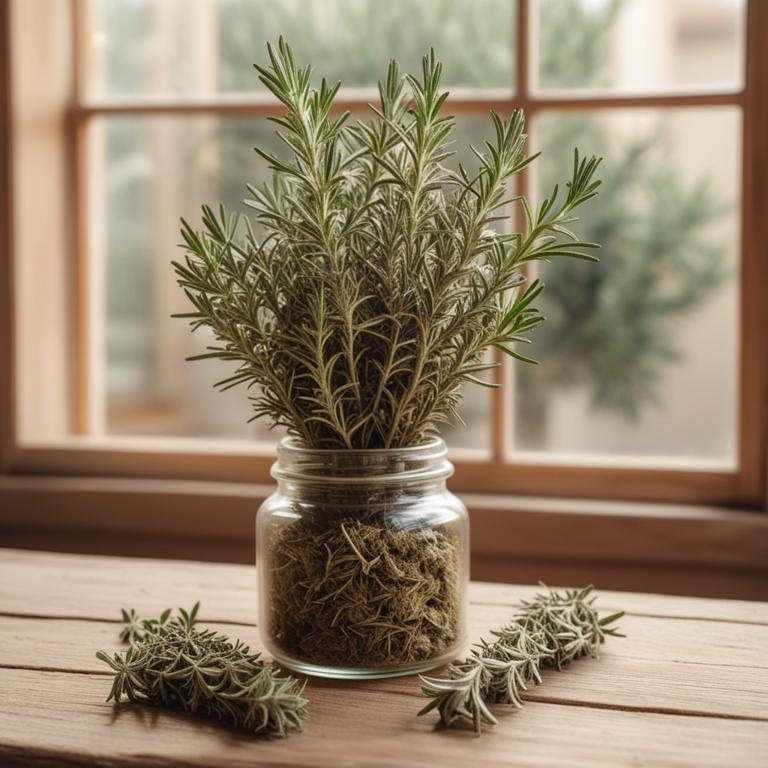
Frizzy Hair Causes, Medicinal Herbs, and Natural Preparations
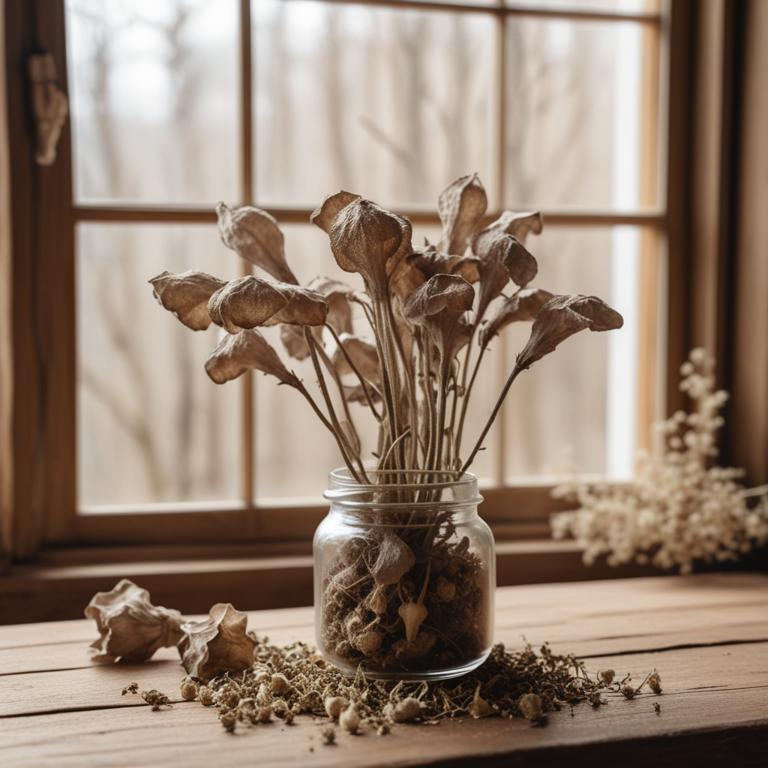
Itchy Eyes: Exploring Medicinal Herbs and Natural Treatments
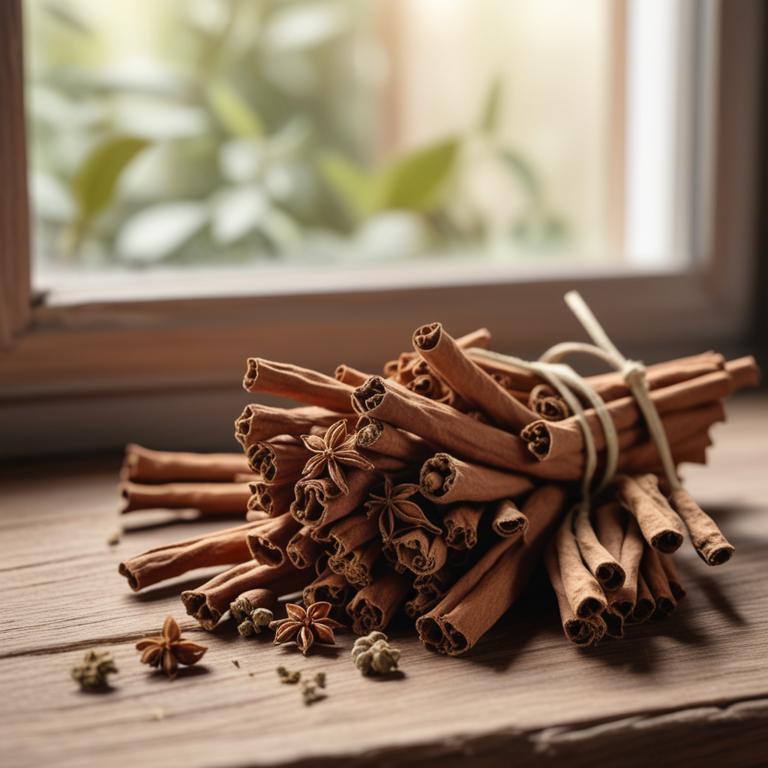
Oral Thrush: Understanding the Causes, Medicinal Herbs, and Herbal Solutions for Relief
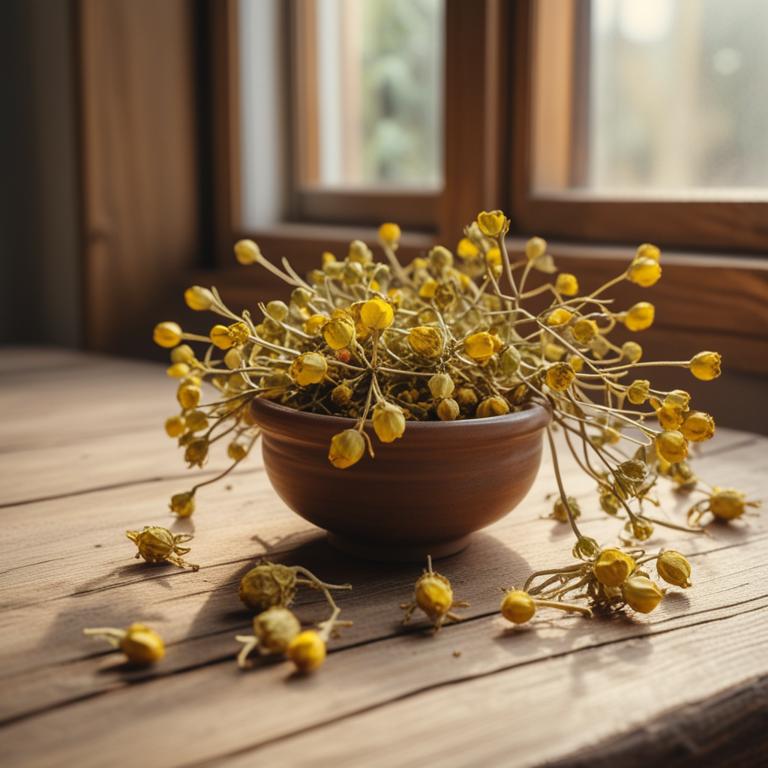
Bee Sting Natural Relief: Causes, Herbal Remedies, and Home Care
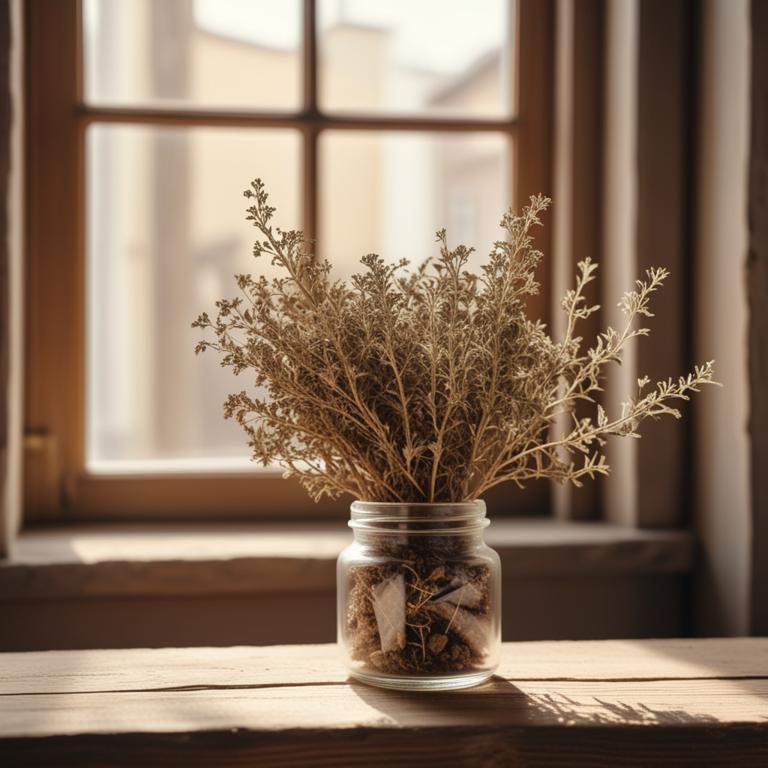
Reddened Corners in Mouth: A Review of Medicinal Herbs and Herbal Preparations
